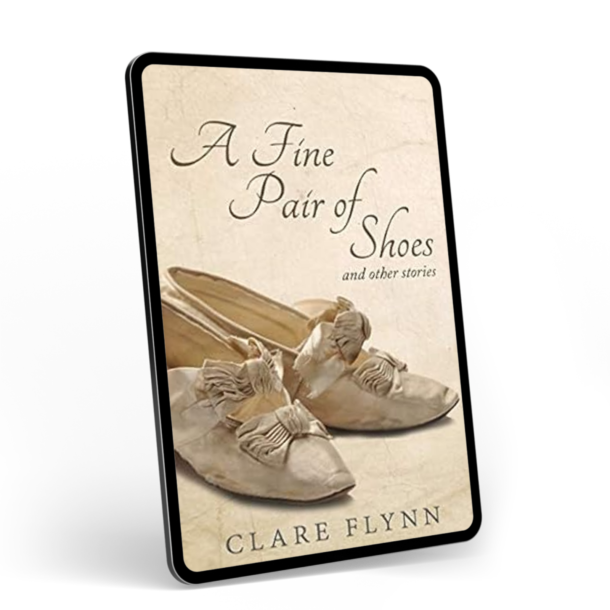I’d left Jim in Sicily, entering battle for the first time in three years of being in the Canadian army, about to attack a village occupied by the Germans. Here’s where we left him:
As he ran, fear and doubt left him, replaced by anger and adrenaline. An image of Joan holding Jimmy in her arms swam in front of his eyes. Nothing’s going to stop me coming back for you, he said to himself and, rifle above his head, he ran down the hillside towards the village.
I’d deliberately left what happened to him during the rest of the war open. I don’t always like tying everything up too neatly. This ending was not a cliff hanger – instead I was leaving it to the reader to imagine the details and conclude whether he made it or not. The ending for Gwen was neater and the counterpoint between the two gave a good balance. But rather than start a new book with different characters I kept asking myself what did happen to JIm?
The same was true of Joan. She started out as “girl in pub” – a walk-on part, possibly even without a name. But she forced her way into a critical role in The Chalky Sea and now The Alien Corn is as much her story as Jim’s.
I thoroughly enjoyed writing The Alien Corn and rather than feeling constrained and bored by having the same characters, I felt liberated. One reason is possibly the very different setting – the farmlands of Southern Ontario and a little bit of my beloved Italy. And displacement has always been a core theme in all my books – always an emotional displacement – but often a physical, geographical one too.
Joan is very much displaced – taken from a small English garrison town, surrounded by family – and sent to an isolated farm in the middle of nowhere with a not always welcoming new family. And not even a local cinema as a distraction. Jim too is displaced. He has to readjust to life as a farmer, now as the man in charge, while struggling to come to terms with everything he went through during an often brutal and bloody campaign.
I have huge admiration for the thousands of British women who became war brides. They left behind all they knew, to follow the men they loved (but often barely knew) across the ocean and often to isolated spots with quite primitive living conditions. On top of that a number of the husbands suffered from undiagnosed psychological damage as a result of their war experiences. We recognise the impacts of Post Traumatic Stress Disorder nowadays, but then it was more a case of shutting up and getting on with it. Often the wives were on the receiving end of all this stress.
Some marriages didn’t last, Some brides returned to Britain – but only a tiny minority. The vast majority worked hard to sustain their marriages and adapt to unfamiliar and sometimes hostile living conditions. Perhaps having survived the war, nothing peace could throw at them seemed too hard? Or maybe, despite the, frequently, short time they had known their husbands, there was something about those life-and-death times that meant that relationships were much more intense and more was at stake?
In any event moving to another continent – often without the means of returning home – made them determined to give it their best shots.


Well, I needed something to read; LOVE WWII stories; sucker for a good romance……And it was free ! I’m in!
Little did I know how deeply I was in. Finished your wonderful book in two sittings. Thank you.
How lovely of you to leave a comment – I am pleased that the free book was a pleasant surprise!
I really loved The Chalky sea but was really happy to read the alien Corn because it answered a lot of questions I,still had and I really enjoyed hearing what the war brides went though and how hard it had been for them and you kept me guessing about if the two really cared for each other.Your books are great
Thanks you so much Gail! I am glad you enjoyed reading the two books and that The Alien Corn answered your questions. Responding to reader pressure I am now hard at work on the third in the series – working title The Frozen River.
Re: The Alien Corn. My aunt was a British war-bride. A Canadian soldier billeted near Lewes, Sussex, got her pregnant, her mother disowned her, she married Jim (real name!), had the baby, then sailed to Canada from Liverpool to start her new life with mother-in-law and family in Manitoba. There she had three more children, divorced her alcoholic husband, got a job in a large store, and lived the rest of her long life there. True story.
How interesting Bren. Your poor aunt. It sounds as though she was unlucky with her Jim. I wonder if his alcoholism was down to his wartime experiences. I’m glad she managed to make a life for herself there anyway.